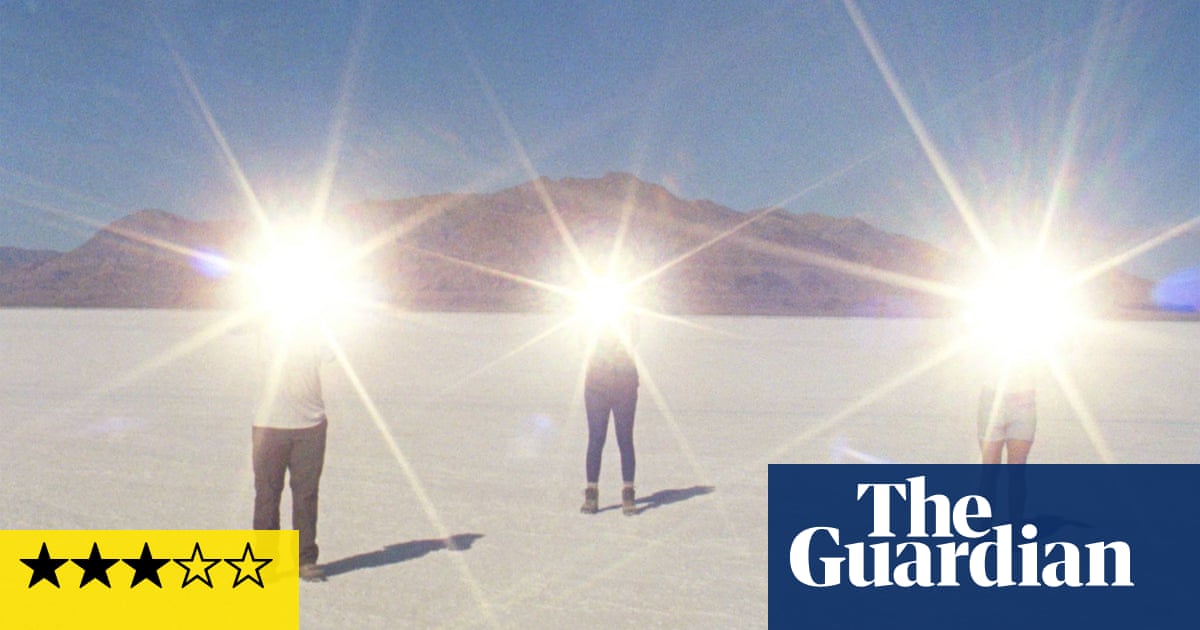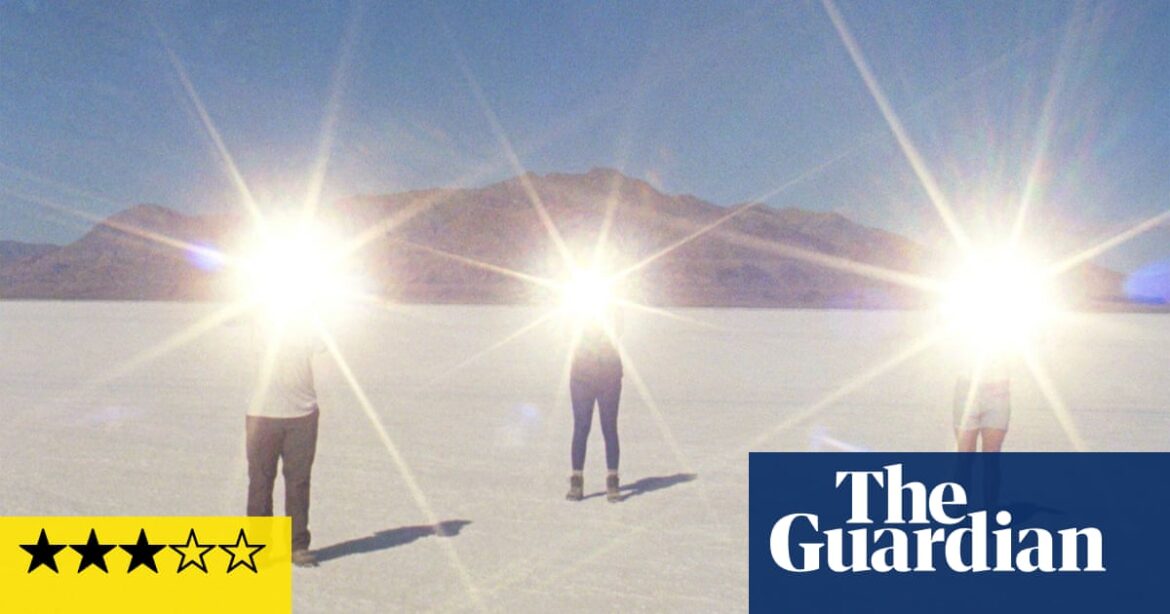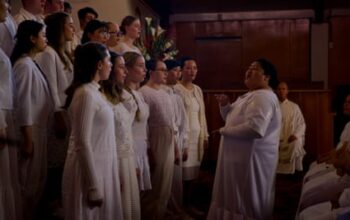
Moving from the microscopic to the intergalactic, artist and film-maker Deborah Stratman offers a strikingly expansive vision of life on Earth, one that deliberately decentres human existence. With its collagist approach, this medium-length work turns to rocks for answers to the big question of survival and extinction. Having been around, in some cases, for billions of years, what do these mineral formations remember?
As explained by geologist Marcia Bjornerud, whose interviews and lectures form part of the voiceover, rocks do indeed hold memories. A bedrock, for instance, can carry traces of glaciers that no longer exist. These physical manifestations of past and present timelines encourage a different, non-linear way of looking at time and the world at large. This synergistic perspective is also reflected in Stratman’s dynamic, associative editing. Bjornerud’s empirical observations are punctuated by the enigmatic voice of film-maker Valérie Massadian, who reads out poetic passages from works by Clarice Lispector, J-H Rosny and others.
As science and fiction meet on a sonic level, the visuals are excavated from a fascinating well of sources. From sparkling closeups of crystallisation to Darwin’s sketches, from Nasa footage of planetary surfaces to gigantic caves on our own planet, the free-wheeling montage dazzlingly conveys the insignificance of the human race compared with the scope of the universe.
Stratman’s film is screening as a double bill with Marcel Mrejen’s short Memories of an Unborn Sun, which also sees rocks as a historical witness. Using on-location interviews as well as archival newsreels, it conjures the scale of destruction inflicted on Algeria’s rocky landscapes. The mineral soil has withstood not only atomic bomb testing but also continuing extraction of natural resources. Together, these formally adventurous works are linked by a desire to resist anthropocentrism.
Source: theguardian.com



